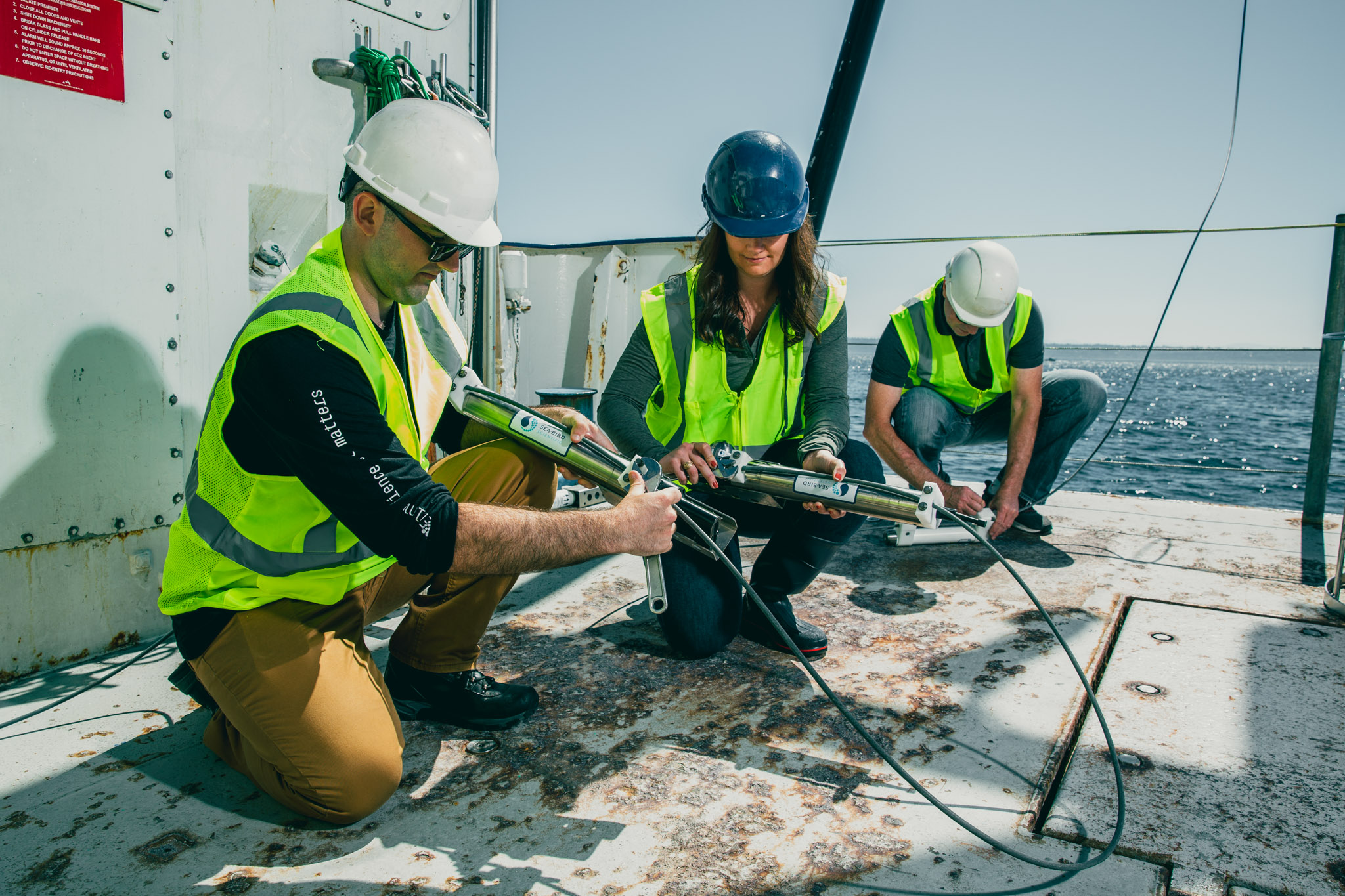MTS Member Spotlight: Sea-Bird Scientific
Tell us about your organization and how you connected with MTS:
Sea-Bird Scientific is a global leader in oceanographic instrumentation, used around the world by researchers and scientists studying climate change, ecosystem health, and more. At Sea-Bird Scientific's foundation is a diverse Science Team that encompasses oceanography, metrology, chemistry, engineering, and more. We stand behind Sea-Bird Scientific reliability and accuracy — because we create instruments that we regularly use in our own fieldwork.
Sea-Bird Scientific proudly holds a corporate membership with MTS, providing us access to invaluable educational resources, networking opportunities, and a community of people dedicated to advancing innovation in marine technology.

Photo credit: Cameron Munn, courtesy of Sea-Bird Scientific
What part of your MTS membership has your organization found the most valuable?
Having the opportunity to tap into the network of individuals and organizations that are interested in driving advancements in marine technology is critical. Sea-Bird Scientific continues to partner with MTS to call on the expertise of those in the community to better understand how we can improve our product offerings to meet the growing needs of our customers and the industry. Furthermore, we continue to leverage the opportunities afforded by MTS to showcase the latest in innovation with our customers and the broader marine community.
What does Sea-bird Scientific want the marine technology community to know about your organization?
The Sea-Bird Scientific team is dedicated not only to the success of our customers and partners, but also to utilizing our resources necessary to better our planet. Recently, we partnered with Andrea Kealoha at the University of Hawai’i at Mānoa by donating a HydroCAT-EP V2 multiparameter CTD so Dr. Kealoha and her team could study water quality surrounding Lahaina, Hawai'i following the devastating wildfire in August of 2023.
It's through collaborations such as these, that we are able to leverage industry knowledge to deploy rapid responses following devastating natural events. Read the case study here.

